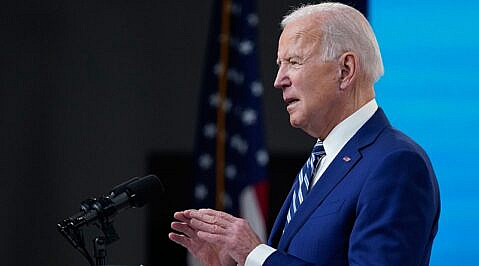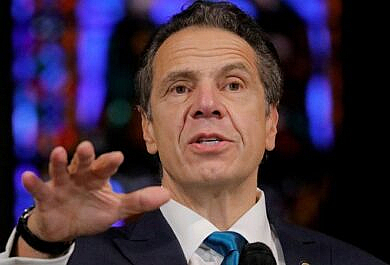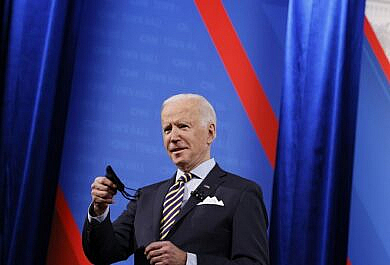President Biden unveiled a $2.3 trillion proposal to beef up the nation’s roads, bridges, airports, and public transportation. Critics pointed out the additional items not traditionally considered infrastructure while proponents hailed it as a remaking of American capitalism.
Summary
President Biden unveiled a massive transportation and infrastructure plan this week that included $2.3 trillion in new federal spending.
- The proposal includes billions for roads, bridges, airports, highways, while also earmarking money for building out electric vehicle charging networks, Amtrak (President Biden’s favorite mode of transportation), water infrastructure upgrades, and a handful of programs highlighted in the “Green New Deal” legislation introduced by progressives in Congress.
- Politico notes some of the less talked-about provisions such as electrifying the nation’s fleets of USPS vehicles and school buses, which it claims could help curb long term costs by “sav[ing] school districts significant money on fuel costs.”
- The plan has already met stiff resistance in Congress, with Senate Republican Leader Mitch McConnell saying he’ll fight the package “every step of the way” while the House’s top Democrat on the committee overseeing taxation policy has said they will be amending the plan to “improve upon the president’s proposal.”
- The proposal’s broadband internet expansion goals are also seeing skepticism and suspicion from internet service providers, whose trade group remarked “the idea that the private sector and profit incentives are intrinsically unsuited to do the job is surprisingly Soviet.”
![]()
- The New York Times framed Biden’s proposal as part of a multi-step, multi-trillion dollar plan to “overhaul the economy and remake American capitalism” and that despite objections, Biden will “continue to work on winning Republican support” for his agenda.
- Analysis by The Washington Post framed the announcement by criticizing GOP definitions of what is “infrastructure” as too narrow, while lauding the proposal as the “Green New Deal.”
- Vox’s rundown of the plan centers on the Biden administration’s argument that taking a wider view of what is considered infrastructure sets America up to be more competitive with China in the long term while also “fundamentally rethinking the role of government.”
![]()
- Tucker Carlson took what has become the familiar Republican tack in his criticism of the plan, saying much of what the plan wants to invest in is not generally considered infrastructure.
- OANN focused on the question of how the plan is being paid for, highlighting the White House’s defense of corporate tax increases as the means to fund it and Congressional Republicans’ contentions that higher taxes could actually result in jobs being shipped overseas.
- As reported by Daily Caller, One of the top House Democrats was forced to admit sizeable portions of Biden’s plan are not related to traditional infrastructure in an interview of Democratic House Whip James Clyburn conducted by Fox News’ Neil Cavuto.
© Dallas Gerber, 2021






